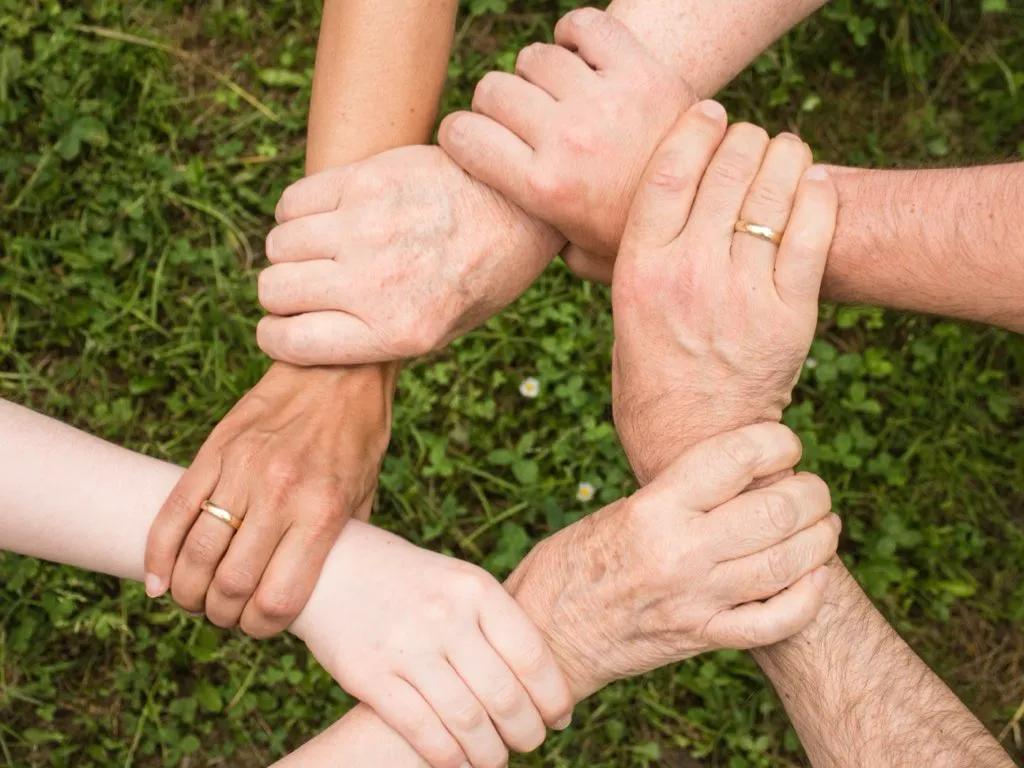Mental Health and Self-Care Tips for the Sandwich Generation

The Sandwich Generation—those who simultaneously care for their aging parents and their own children—faces unique challenges. Balancing these dual responsibilities can take a toll on mental health, making self-care essential yet often neglected. Here are some tailored mental health and self-care tips to help the Filipino Sandwich Generation take better care of themselves.
Importance of Mental Health
Mental health is vital for overall well-being, affecting our thoughts, emotions, and actions. It enhances quality of life, supports physical health, boosts productivity, and strengthens relationships. Good mental health helps manage stress, prevents mental illnesses, and promotes self-confidence. It also reduces stigma, fosters understanding, and contributes to community well-being and personal development.
Tips for Mental Health and Self-Care
Maintaining good mental health is essential for overall well-being, and these practical tips can help you cultivate a healthier, more balanced mindset.
1. Acknowledge Your Emotions
First and foremost, you need to recognize and validate your feelings. The pressures of caring for both elderly parents and children can lead to stress, anxiety, and burnout. Understand that feeling overwhelmed is normal and does not diminish your love or dedication. Regularly check in with yourself to assess your emotional state and seek professional help if needed.
2. Set Realistic Goals and Prioritize Tasks
Managing multiple roles requires effective time management and proper planning, including having adequate insurance in the Philippines to cover unexpected events. Make a list of daily tasks and prioritize them based on urgency and importance. Learn to set realistic goals to avoid overburdening yourself. It’s okay to say no or delegate tasks to other family members. Remember, you don’t have to do everything alone.
3. Leverage Family Support
Filipino culture places a strong emphasis on family. Use this to your advantage by involving relatives in caregiving responsibilities. Communicate openly with your siblings or extended family members about sharing duties. Regular family meetings can help in distributing tasks and ensuring that no one feels overwhelmed.
4. Practice Self-Care Rituals
Self-care is not a luxury but a necessity. Engage in activities that rejuvenate you, whether it’s reading a book, practicing yoga, or simply taking a walk. Schedule regular “me time” to recharge your batteries. The Filipino practice of “pahinga” (rest) is vital—embrace it without guilt.
5. Maintain a Healthy Lifestyle
A balanced diet, regular exercise, and adequate sleep are foundational to mental health. Filipino cuisine offers a variety of healthy options; incorporate fresh vegetables, fruits, and lean proteins into your meals. Exercise doesn’t have to be strenuous—a daily “paseo” (stroll) can significantly improve your mood and energy levels.
6. Plan for the Future
Financial stress can be a significant burden. Work with a financial advisor to plan for future expenses related to eldercare and your children’s needs. A health insurance plan, savings, and investments can provide peace of mind and reduce anxiety about the future.
7. Celebrate Small Wins
Acknowledge and celebrate your efforts and achievements, no matter how small. Whether it’s successfully managing a day without conflicts or finding a few moments of peace, recognizing these wins can boost your morale and motivation.
Give Yourself the Love You Deserve
Being part of the sandwich generation in the Philippines is a noble yet demanding role. By implementing these self-care and mental health strategies, you can better navigate the complexities of your responsibilities, ensuring you remain resilient and capable of providing the best care for your loved ones.







